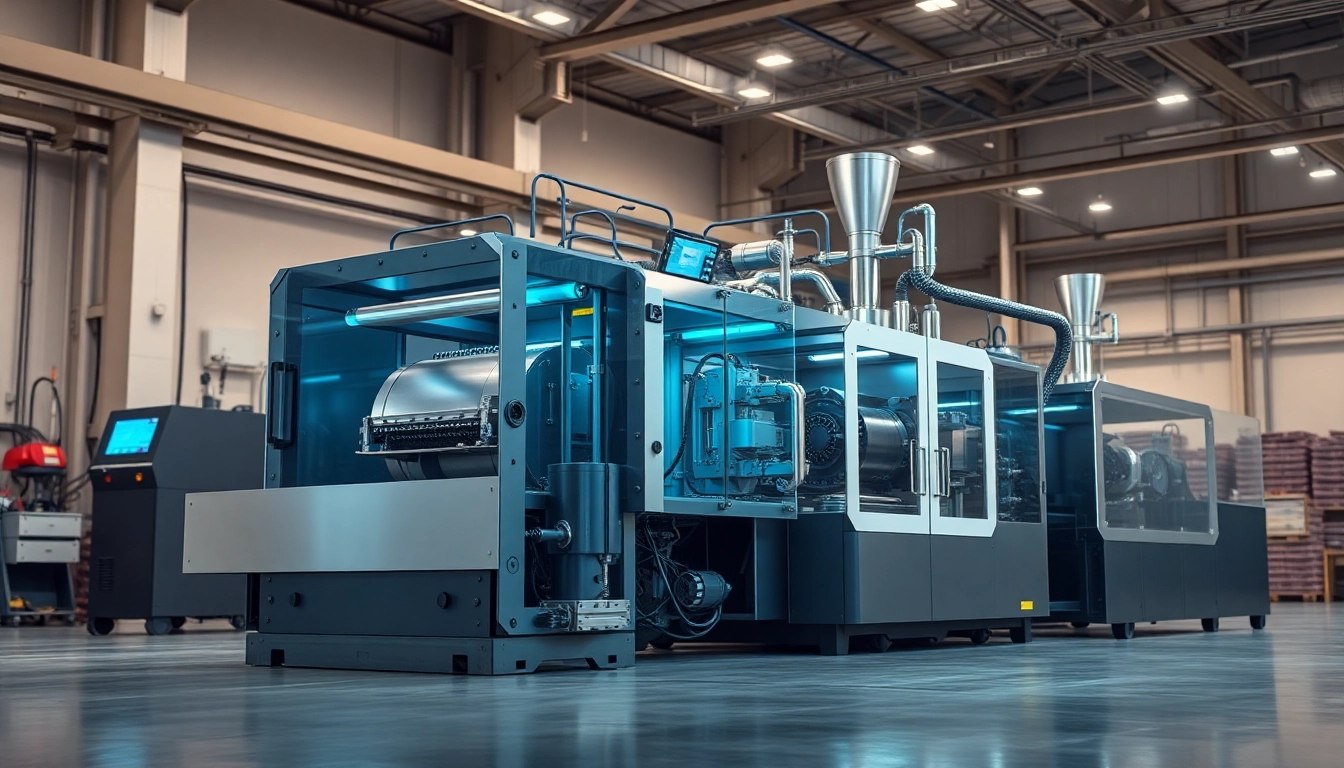Understanding the Level 5 NVQ Diploma in Controlling Lifting Operations
The Level 5 NVQ Diploma in Controlling Lifting Operations is a specialized qualification designed for individuals seeking to enhance their expertise in managing lifting operations within the construction industry. This diploma not only acknowledges existing skills but also equips participants with the necessary knowledge to ensure safety and efficiency in complex lifting tasks. For those looking to deepen their understanding of this essential qualification, the level 5 nvq diploma in controlling lifting operations answers serves as a valuable resource that covers vital aspects of the program.
What is the Level 5 NVQ Diploma?
The Level 5 NVQ Diploma is a qualification that is part of the Regulated Qualifications Framework (RQF). It focuses on assessing and recognizing the competencies of individuals in their specific job roles, emphasizing their ability to manage lifting operations effectively. This diploma is intended for those who have experience in the field and seek to formalize their skills through a recognized certification. The assessment is primarily competency-based, allowing learners to demonstrate their skills and knowledge in a practical work environment, making it a versatile choice for professionals in lifting operations.
Importance of Lifting Operations Training
Lifting operations pose significant risks and require careful planning and execution. The importance of training in this area cannot be overstated. Proper lifting operations training helps in minimizing accidents and injuries associated with heavy machinery and materials. It prepares individuals to understand the complexities of the operations they will carry out, including weight management, rigging techniques, and safety protocols. Training ensures that operators are familiar with regulations and industry standards, enabling them to perform their roles confidently and competently.
Core Units Covered in the Qualification
The Level 5 NVQ Diploma consists of various units, each designed to address different aspects of lifting operations. Key units typically covered include:
- Planning Lifting Operations
- Managing Health and Safety within the Workplace
- Developing and Leading Effective Teams
- Communicating with Stakeholders
- Monitoring and Reviewing Lifting Operations
These core units ensure that learners develop a well-rounded understanding of both the technical and managerial responsibilities associated with lifting operations.
Key Skills Developed Through the Diploma
Managing Lifting Operations Safely
One of the primary objectives of the Level 5 NVQ Diploma is to instill a strong understanding of safe lifting management practices. This includes knowledge of risk assessment, hazard identification, and implementing safety measures to protect personnel and equipment during lifting activities. Learners will explore how to create a safe working environment by adhering to legislative requirements and industry best practices.
Planning Effective Lifting Techniques
Planning is a pivotal aspect of successful lifting operations. The diploma trains individuals to assess the lift requirements systematically. This involves selecting appropriate lifting equipment, understanding load dynamics, and anticipating potential challenges. Participants learn to develop and implement lifting plans, ensuring that all activities are executed smoothly and effectively.
Maintaining Health and Safety Standards
Health and safety standards play a crucial role in lifting operations. Through the Level 5 NVQ Diploma, learners are equipped with the tools to not only comply with these standards but also to actively promote a culture of safety within their teams. They will learn how to carry out regular safety audits, engage in incident reporting, and implement corrective actions, ensuring continuous improvement in health and safety practices.
Tips for Successfully Answering NVQ Assessment Questions
Understanding the Assessment Criteria
Grasping the assessment criteria is essential for success in the Level 5 NVQ Diploma. Each question is designed to evaluate specific competencies, and failure to meet these criteria can hinder progression. It is vital for participants to thoroughly review the assessment guidelines, paying attention to the requirements for each unit.
Utilizing Case Studies in Your Answers
Incorporating real-world examples into assessments can significantly enhance the quality of responses. Case studies provide context and demonstrate the practical application of theoretical knowledge. Candidates should aim to draw upon their experiences or relevant industry examples that highlight their understanding of lifting operations and safety protocols.
Time Management and Question Analysis
Effective time management is crucial during assessments. Allocating time for each question will prevent students from rushing through their answers or, conversely, becoming overly focused on one area. Analyzing questions carefully before answering will help identify key themes and ensure a structured approach that covers all necessary points.
Common Challenges Students Face During Their Diploma
Handling Complex Lifting Scenarios
Students in the Level 5 NVQ Diploma often encounter complex lifting scenarios that may be difficult to navigate. These scenarios can involve multifaceted lifting operations with various equipment and personnel involved. Effective training and simulation exercises during the course can help prepare students to think critically and respond appropriately to such challenges.
Balancing Theory with Practical Application
Striking the right balance between theoretical knowledge and practical application is vital. While understanding theory provides a foundation, practical skills are essential for success in the field. Students should actively seek opportunities to apply theoretical concepts through hands-on practices, training workshops, and real-world project experiences.
Effective Communication in Team Settings
Communication is key in lifting operations, especially when multiple team members are involved. Students must develop strong communication skills to effectively relay instructions and feedback to their team. Encouraging open lines of communication and recognizing the importance of collaboration on site can significantly enhance operational efficiency and safety.
Resources to Enhance Understanding and Performance
Practical Guides and Study Examples
To support learners in their journey, various practical guides and study examples are available. These resources can provide insights into best practices and common pitfalls to avoid during lifting operations. Utilizing these materials can offer valuable perspectives that enhance comprehension and application of concepts taught throughout the diploma program.
Online Courses and Workshops
Engaging in online courses and workshops can enrich the learning experience. Many professionals may benefit from complementary training that dives deeper into specific topics within lifting operations, thereby broadening their skill set and knowledge base. This approach also fosters networking opportunities with peers and industry experts.
Peer Support and Study Groups
Collaborating with fellow students can be extremely beneficial. Forming study groups encourages the exchange of ideas and provides a support network for discussing complex concepts. Peer feedback can help to refine understanding and assist in preparing for assessments, fostering a collaborative learning environment that enhances overall performance.



